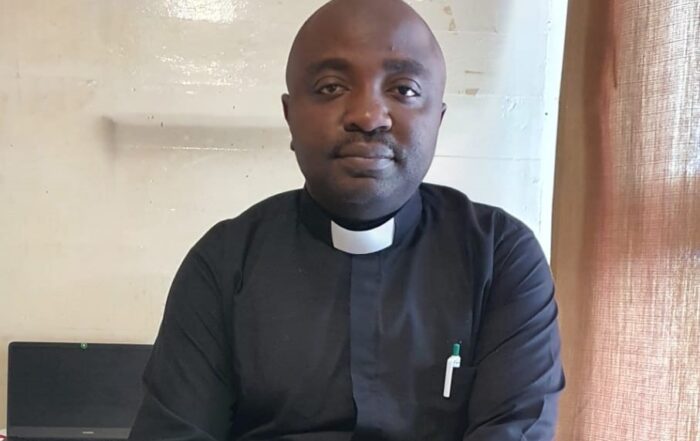How to Help Relieve Exhaustion and Isolation for Families Living with Disability
Subscribe to the Joni and Friends Ministry Podcast

Did you know families living with disability consistently name respite care as their top unmet need?
A recent Joni and Friends survey identified respite care as the top unmet need among families living with disability. Many parents and caregivers who lack respite care options have to just keep going despite exhaustion, isolation, and discouragement. Disability advocate Jennifer Evans joins the podcast to talk about the gift of respite—how providing this type of rest can enable families to experience the love and grace of Jesus Christ.
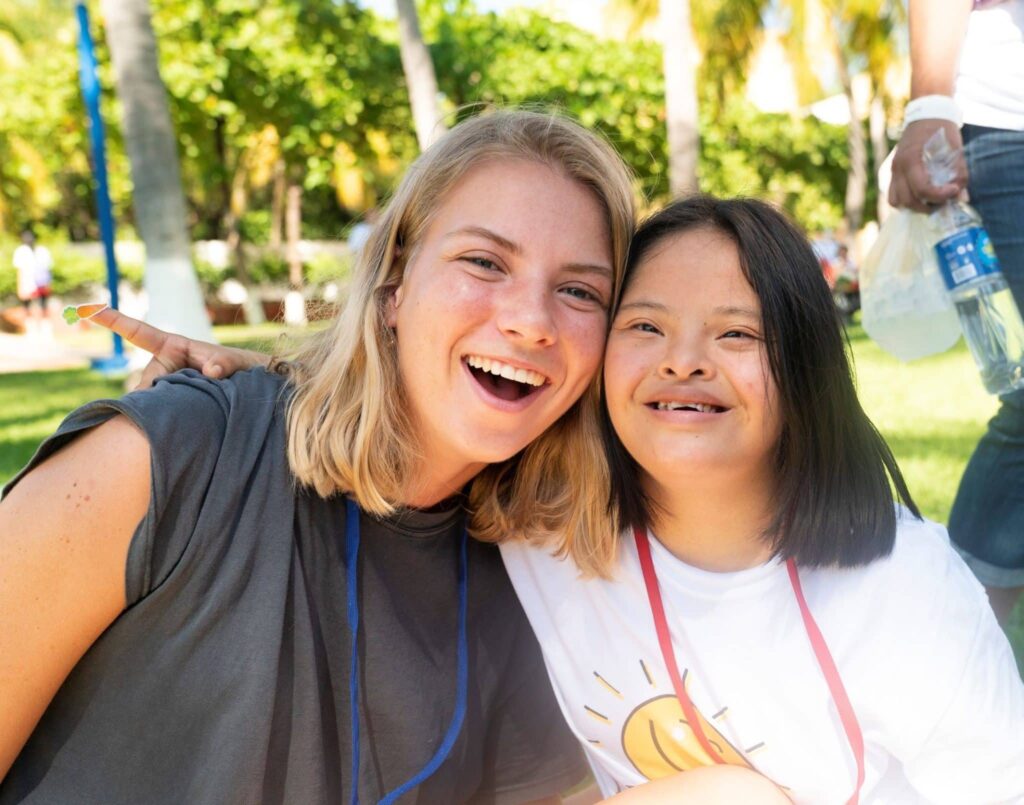
What is respite care?
An estimated forty-four million American adults serve as unpaid, informal family caregivers. Among caregivers, isolation, chronic stress, and depression run high, as responsibilities continue relentlessly.
Some families have expressed that the demands of raising a child with a disability can be overwhelming and all-consuming. And many marriages struggle under the strain of caregiving.
Respite care is essential for families navigating disability to thrive. From simple home visits to overnight programs, all forms of respite care share a common goal—to give parents and other caregivers a break. Depending on a family’s specific needs, respite care can take many forms. For example:
- Babysitting
- Home visits
- Playdates
- Structured events
How can respite care build relationships?
Beyond offering parents and other caregivers a break, Jennifer shared that respite care gives children and adults with disabilities the chance to build new friendships. Parents in need of respite can connect with one another; and often volunteer respite caregivers form relationships with the families they serve.
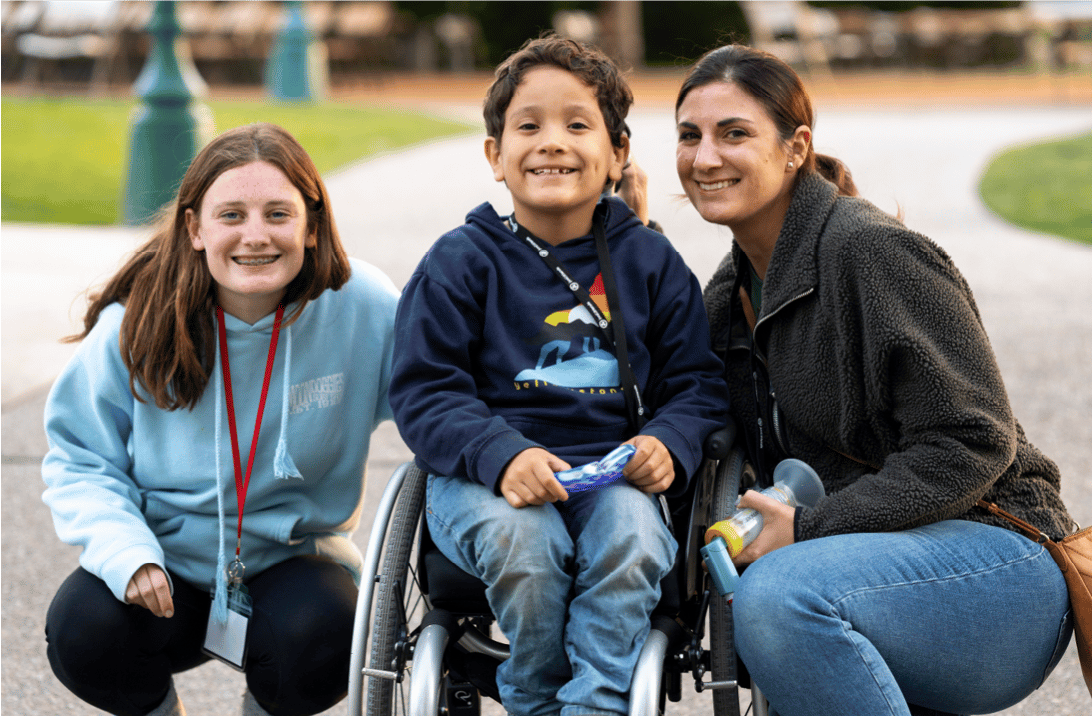
“So often people with disabilities are isolated at home, only with their parent or caregiver,” says Jennifer.
At respite events, people with disabilities can build friendships with peers and volunteers. Community and connection can naturally arise from respite care events and ministries. For families who feel isolated, this experience of belonging can make all the difference.
How can churches provide respite?
The need for respite creates ample opportunity for the church to step up and demonstrate the tangible love of Christ to families living with disability. Whether beginning a single event, an ongoing respite program, or a full-fledged disability ministry, Jennifer encourages leaders to connect with individuals and families with disabilities first. She says:
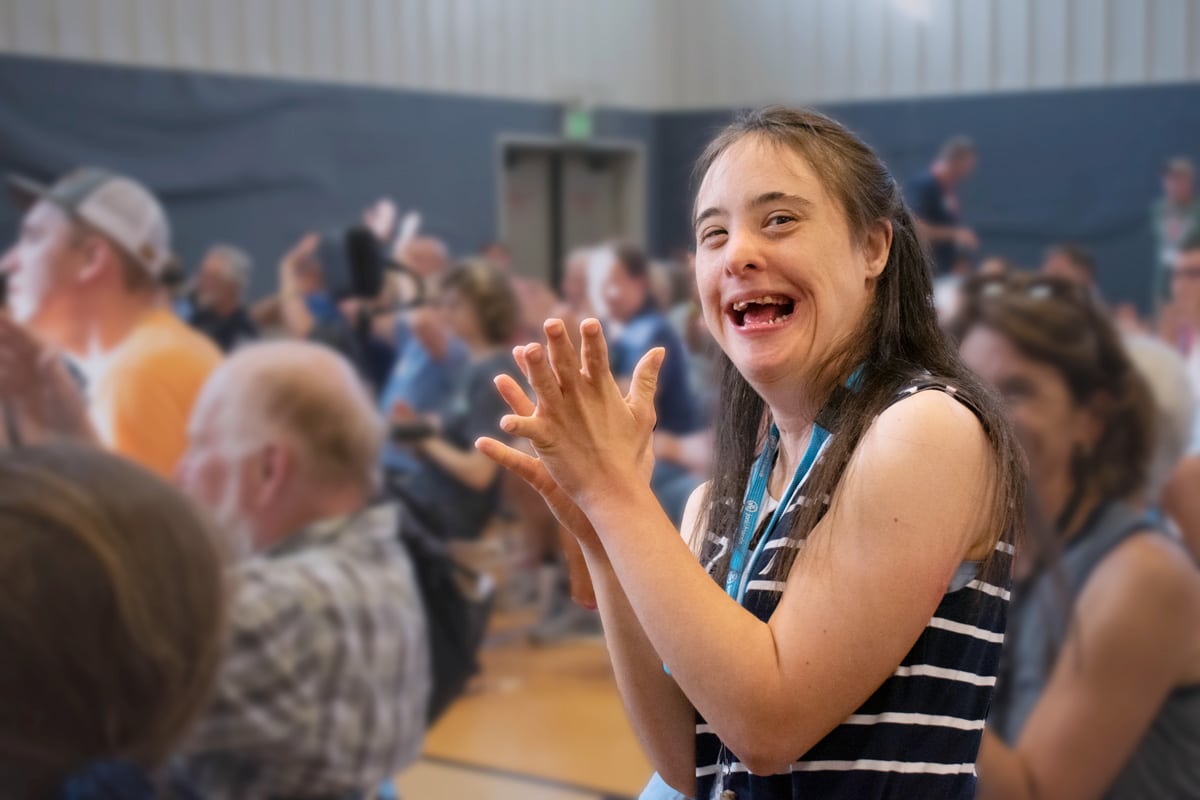
“One of the things I’ve seen churches do successfully is give a survey to their congregation and really first find out who in the church has special needs. Sometimes there are visible disabilities, but there are often unseen disabilities that you’re not aware of… Start interviewing or meeting with people with disabilities in your community; have coffee and ask what they’re going through.”
If you or your church is ready to reach out to people with disabilities, or start a disability ministry, Joni and Friends offers resources to equip and encourage you every step of the way. When it comes to respite events in particular, Jennifer gave specific actionable tips:
- Provide care for at least three hours (to give enough time for errands, a nap, or some self-care for the caregiver).
- Offer food!
- Have at least one medical professional on hand.
- Plan fun activities: stories, crafts, songs, dancing, etc.
- Allow siblings who don’t have disabilities to be dropped off too; include and welcome them.
- Train volunteers to serve as one-on-one buddies.
- Prioritize beginning respite programs on Sunday mornings so parents can attend church.
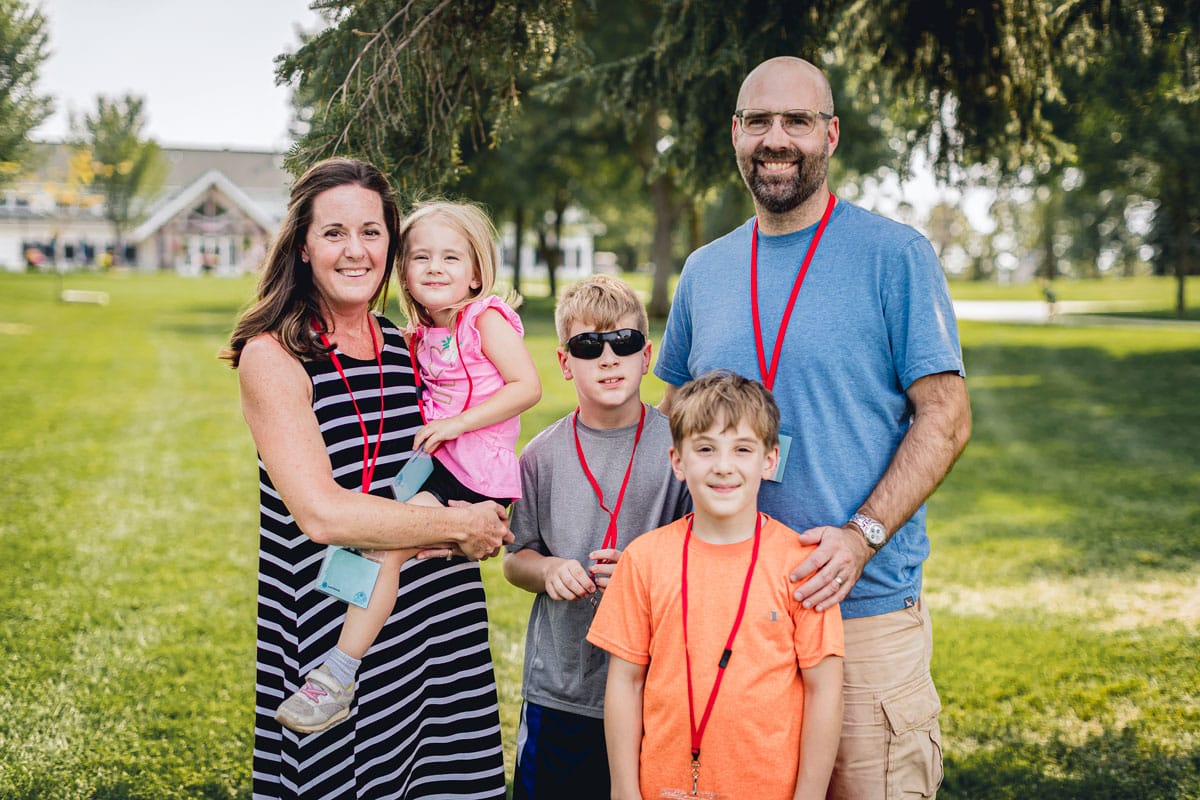
For volunteers and attendees with disabilities at respite events, Jennifer suggests giving people specific tasks and roles.
People want to have a sense of purpose—an opportunity to use their skills to make a contribution. A job could be anything from organizing name tags to passing out snacks to setting up tech before the event.
“One of the things I love about Joni and Friends is they’re not only focused on serving people with disabilities, but also allowing them to find their place and use their gifts in the body of Christ.
This will change the culture of a church…when people with disabilities have a seat at the table. I’ve seen churches transform. Embracing people of all abilities, and making space for them to serve, is key to giving everyone a seat at the table. It becomes a beautiful thing when everyone’s accepted and welcomed.”
Jennifer
What do respite care volunteers need to know before they serve?
Jennifer encourages people not to worry about being “qualified” to serve as a buddy or volunteer at respite in some other way.
“You don’t have to be a disability expert. What I’ve found is that serving people with special needs is not about a program—it’s really about developing a relationship…one child, one family at a time,” she says.
Every person and family is different and unique; disability doesn’t change that about people. To serve a person with a disability well, take time to get to know him or her—likes and dislikes, interests, and pet-peeves.
No particular background or skillset is needed for respite volunteers. This realization can offset stress and place the emphasis where it belongs: the chance to love people well in the name of Jesus.

Then Jesus said to his host, “When you give a luncheon or dinner, do not invite your friends, your brothers or sisters, your relatives, or your rich neighbors; if you do, they may invite you back and so you will be repaid. But when you give a banquet, invite the poor, the crippled, the lame, the blind, and you will be blessed. Although they cannot repay you, you will be repaid at the resurrection of the righteous.”
Luke 14:12–14
We’ve Got This
As respite events meet an urgent need, they can also be a bridge for families to Christian community in the church. Download this minibook and supplemental resources for a practical guide to planning a successful respite event!









